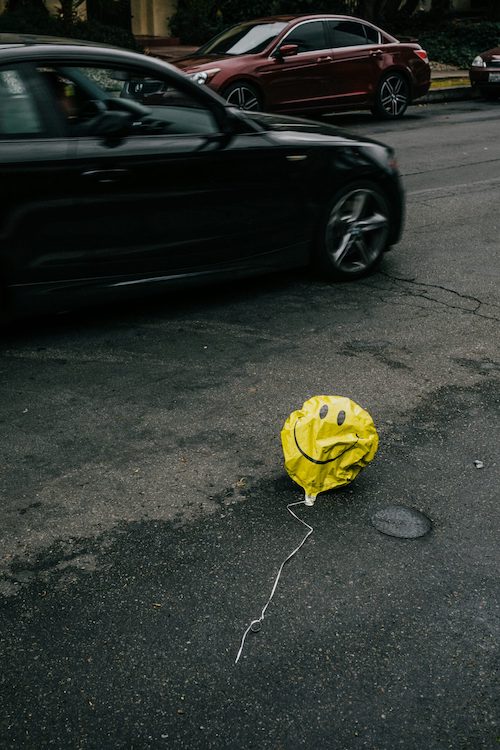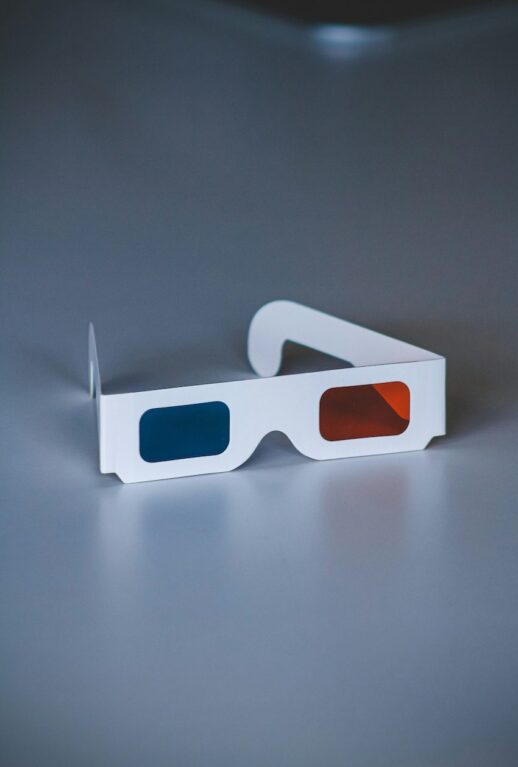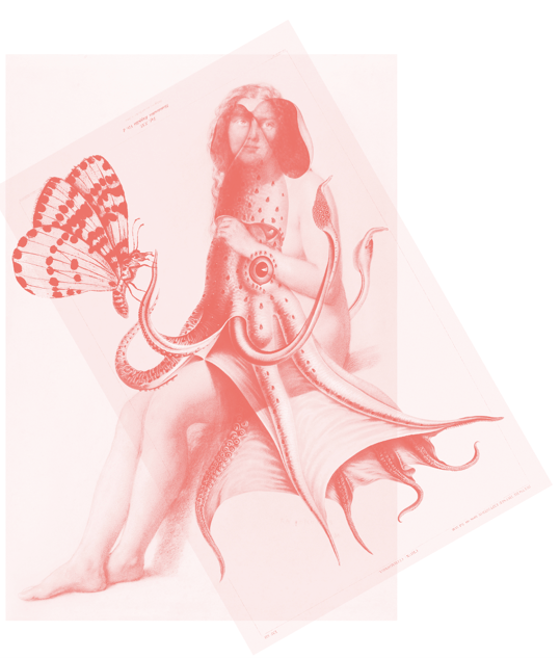Journal
Articles

Making it work
Self-determination is a crucial goal for people with disability. It enables them to work in ways that express their aptitudes, develop new skills, have some say and control; it makes for a better life. It is also, as BetterYou shows, more productive. This company, owned by people who all experience life according to abilities that present particular challenges, may well show us the way forward.

Time to catch a break
Surf Like a Woman is full of behind-the-scenes anecdotes of life on the tour, plus play-by-plays of surf heats… The opening pages hook us in with a riveting story of Pauls taking on six-metre Margaret River waves at a championship tour event in 1990: ‘As the hooter for my heat sounds, I’m jacked with adrenalin, and tunnel-vision focus descends. Just pick your wave and be decisive. Half-arsing it is how you’ll get hurt.’

Keeping it platonic
But an increasingly conservative media environment, in which sex on film has dropped by almost 40 per cent since Carrie Bradshaw and co.’s heyday in 2000, means there was valid concern about how younger people would respond to the rampant sex that saw the show’s quartet sleep with ninety-four men and one woman (the series was notoriously queerphobic) across its six-season run.

Seeing the bigger picture
Effective storytelling in short word limits is not just about running the red pen through extraneous adjectives, either. It demands creative problem-solving, like seeking out useful synonyms, rephrasing and reconsidering the core message. The more reading one does of well-structured short fiction, the more naturally one can recall the solutions others have deployed.

Being and becoming predictable
The argument that the internet and social media have fundamentally homogenised cultural taste is well-worn, but is the implication – that taste was more varied before the internet – actually true? Has the in/out sorting mechanism intrinsic to algorithms eliminated the possibility of individual style and taste?

Captain Planet sucks
The ecological crisis has a problem. I’m hugely underplaying this – it’s got many – but one glaring oversight is the lack of cultural output that relates to the fact we broke the planet. Yes, we enjoyed Don’t Look Up, but it was not the searing cultural meteorite we were hoping for.

Weird feelings
Engineering is all about taking a complex thing, breaking it down into its smallest parts, then working out the connections or sequencing between the parts. Cartoons are kind of the same. I like trying to apply a sense of logic to an emotion or feeling.

Getting attached
I’ll never forget the thrill of reading Philip Larkin’s 1971 poem ‘This Be the Verse’ for the first time. I must have been about twelve – the ideal age to encounter Larkin’s deliciously forthright (and famous) opening line. You know the one: ‘They fuck you up, your mum and dad.’

Psychobabble
Much of my life has been spent in search of frameworks to help me understand the trauma that was transacted in my upbringing, and the cataclysmic emotional and relational changes wrought. Moving between the psychological illiteracy of the world I was raised in and the fluency of our current era feels like time travel.

The octopus within
I’ve now watched quite a few doctors sketch my thyroid on office pads, something they all seem to love to do, relishing that butterfly shape, the two spreading wings. They do shade-hatching on the left or right lobe, colour in a dark circle to represent the tumour and draw four little dots for the parathyroid glands. I have started to look forward to this moment when a medical specialist transforms suddenly into an artist, taking pride in their drawing, picking up a special pen with a thin black nib, concentrating on making this invisible organ real to me. They are maybe unaware that through their own idiosyncratic drawing styles, they become instantly more interesting as people. They hand over the piece of paper and explain the next steps, and I take their drawings home, magnet them to the fridge beside the more exuberant pictures done by my kids, start making the necessary calls, and turn up on time to the next appointment, curious as a child in kindergarten.
Which is how I first learnt that there is an octopus within.

The whole truth
Acting methods...have remarkable similarities to spiritual cults. They have leaders, dogmas, even seminal texts. They have supervised rites and orthodox practices. They have stages of enlightenment, and trained leaders who will inform you whether you’ve reached such heights (and you usually haven’t, unless you’re sleeping with the leader in question).

Bringing up Baby
My husband, the softer touch with Baby, couldn’t get the leash on him so I took over. I had a handful of food to placate Baby, and he seemed to relax as I held it slightly away from his snout and went to attach the leash with my other hand. But when Baby realised what was happening, he went stiff, then bit my hands eight times like he wanted to kill me.